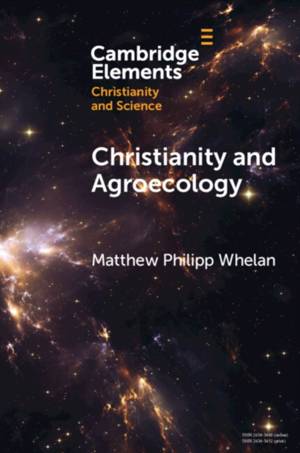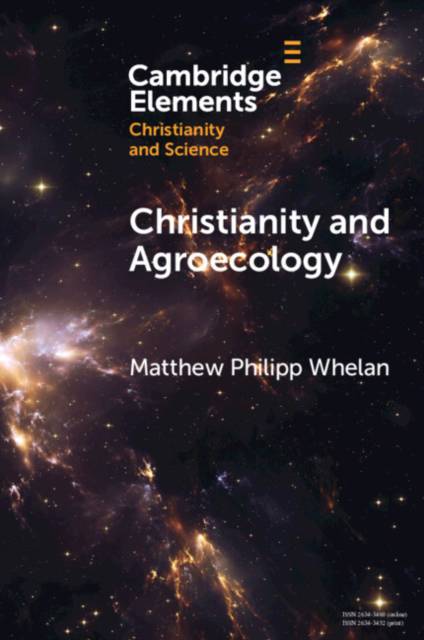
Bedankt voor het vertrouwen het afgelopen jaar! Om jou te bedanken bieden we GRATIS verzending (in België) aan op alles gedurende de hele maand januari.
- Afhalen na 1 uur in een winkel met voorraad
- In januari gratis thuislevering in België
- Ruim aanbod met 7 miljoen producten
Bedankt voor het vertrouwen het afgelopen jaar! Om jou te bedanken bieden we GRATIS verzending (in België) aan op alles gedurende de hele maand januari.
- Afhalen na 1 uur in een winkel met voorraad
- In januari gratis thuislevering in België
- Ruim aanbod met 7 miljoen producten
Zoeken
Omschrijving
This Element draws on the transdisciplinary field of agroecology to clarify and deepen Catholic social teaching's natural law ethic. In response to the ecological crisis, social teaching has begun to appeal to ecology and the exemplarity of natural ecosystems to foster care of creation. Some have criticized this natural law ethic, along with its invocations of balance and harmony, as overly idealized, advocating instead for an alternative view in which ecological dynamism and ambiguity preclude appeals to ecology for guidance. While sympathizing with these criticisms, this Element offers a different way forward, contending that social teaching's natural law ethic should be revised rather than abandoned. Agroecology displays an approach to tilling and keeping the earth that accommodates dynamism and ambiguity, while also discerning ecological principles and processes that are mimicked agriculturally. In short, this Element argues that engaging agroecology can help social teaching clarify, concretize, and deepen its understanding of natural law.
Specificaties
Betrokkenen
- Auteur(s):
- Uitgeverij:
Inhoud
- Aantal bladzijden:
- 88
- Taal:
- Engels
- Reeks:
Eigenschappen
- Productcode (EAN):
- 9781009158220
- Verschijningsdatum:
- 21/08/2025
- Uitvoering:
- Paperback
- Formaat:
- Trade paperback (VS)
- Afmetingen:
- 152 mm x 229 mm
- Gewicht:
- 127 g

Alleen bij Standaard Boekhandel
+ 45 punten op je klantenkaart van Standaard Boekhandel
Beoordelingen
We publiceren alleen reviews die voldoen aan de voorwaarden voor reviews. Bekijk onze voorwaarden voor reviews.









